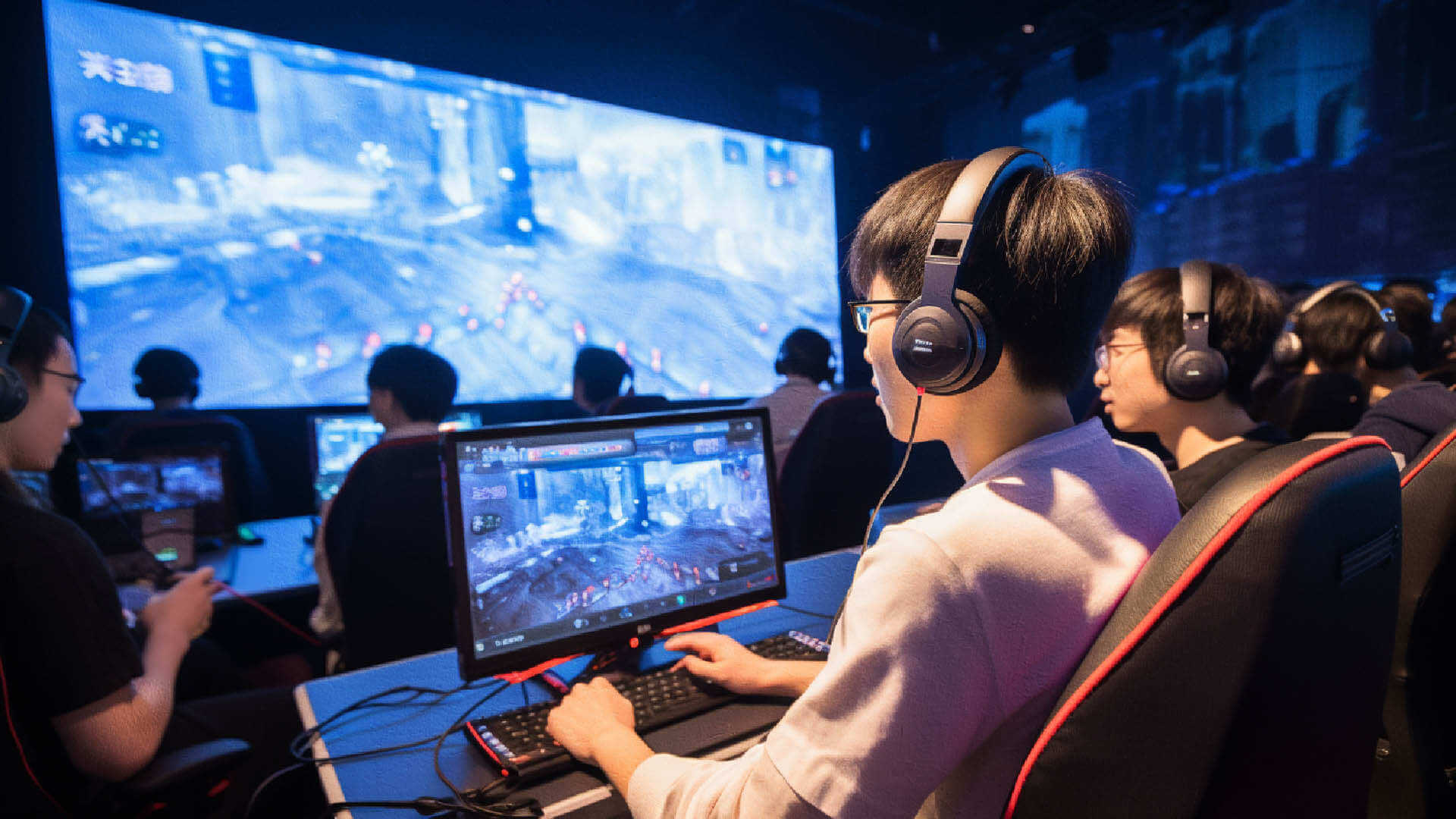
Navigating the Crossroads of Control and Freedom
August 11, 2023 — In 2019, China introduced stringent game time limitations in response to growing concerns about potential gaming addictions among minors.
These regulations restricted minors to an hour-and-a-half of daily playtime and extended it to three hours on holidays.
Imposing regulations in personal domains, like gaming, is an authoritarian approach. In a free world, there must be minimal governmental interference, and regulations, if any, must be efficient, non-intrusive, and respect individual freedoms.
Key Points
- Through China’s National Press and Publication Administration, regulations to combat gaming addiction among the youth were imposed on minors in November 2019.
- The regulations limited minors to 90 minutes of daily gaming on weekdays and three hours on weekends and holidays.
- Caps on purchasing in-game items were enforced, reducing how much minors could spend on virtual.
- A recent study titled “No evidence that Chinese playtime mandates reduced heavy gaming in one segment of the video games industry”, published in Nature Human Behavior, casts doubt on the effectiveness of China’s gaming restrictions.
- Intriguingly, the research data spans from mid-August 2019 to mid-January 2020, coinciding with the onset of the COVID-19 pandemic. As the world grappled with an unseen enemy and nations went into lockdown, did the allure of the digital realm become even more irresistible? And in such unprecedented times, can any regulation truly tether the human desire for escape and connection
Unsurprisingly, the study casts doubt on the effectiveness of China’s gaming restrictions. The research found no significant evidence that regulations had the intended effect of curbing excessive gaming. Yet, in a world where VPNs and other digital tools are readily available, many have found ways to sidestep these restrictions, calling into question the true efficacy of restrictive gaming measures.
To ensure a comprehensive analysis, the researchers collaborated directly with the makers of the popular game engine Unity, examining a reliable dataset of over 7 billion hours of playtime and approximately 2.4 billion Chinese gamer profiles. Despite the potential for Chinese gamers to bypass restrictions using VPNs and other methods, the data collected through Unity was meticulously tracked and analyzed, ensuring the integrity of the findings.
The study defined “heavy” gaming as an individual indulging in gaming for four or more hours daily, at least six days a week. The results indicated no significant reduction in the prevalence of heavy gaming post-regulation. In a twist, the data suggested that players were marginally more inclined towards heavy gaming after establishing the rules, although this increase wasn’t statistically significant.
Dr. David Zendle of the University of York, the lead researcher behind the study, emphasized the broader implications of the findings. He stated, “The work presented provides a case study for understanding how a government’s policy decisions affect — or do not affect — the lives of real people on a grand scale and forms a blueprint for future data-led public policy.”
Recently, only last week — on August 2, 2023, China introduced the “Guidelines for the Establishment of Minors’ Modes for the Mobile Internet.” This initiative mandates a unified parental control system across devices and platforms. Now, not just app companies but also app developers, store providers, and device manufacturers are expected to collaborate.
While primarily targeting Chinese firms, global players like Apple and Samsung will likely adhere. The guidelines are stringent: kids under eight get only 40 minutes on smart devices daily, limited to educational and hobby content. As they age, the rules evolve, with the limit raised to 60 minutes once a kid turns eight.
Trivia
- Legendo stands for freedom, creativity, and balanced gaming. We do not align with or support authoritarian regimes. Our passion is rooted in reinstating classical game concepts. We believe in the joy of gaming and its balance with life’s many other pursuits.
- Unity Software Inc., doing business as Unity Technologies, is an American video game software development company headquartered in San Francisco. Its roots trace back to Scandinavia — Denmark, where three individuals founded the company. Among them was Joachim Ante, the technical mastermind behind Unity’s core engine. Before co-founding Unity, he had massive experience as a game developer and programmer since he was a kid and a bedroom coder. Today, he is the CTO of Unity and responsible for the foundational architecture of Unity.
- The gaming restrictions in China aim to restrict gaming among children and teenagers and stem from concerns about gaming addiction and its impact on health and academic studying. These measures seek to balance digital entertainment with other aspects of a well-rounded upbringing.






